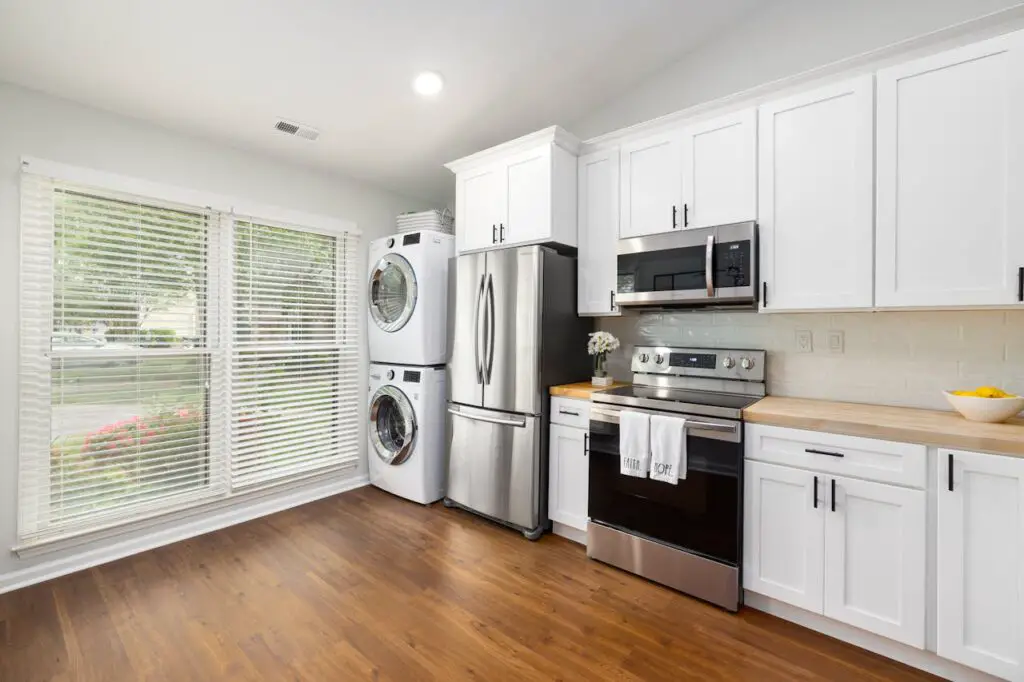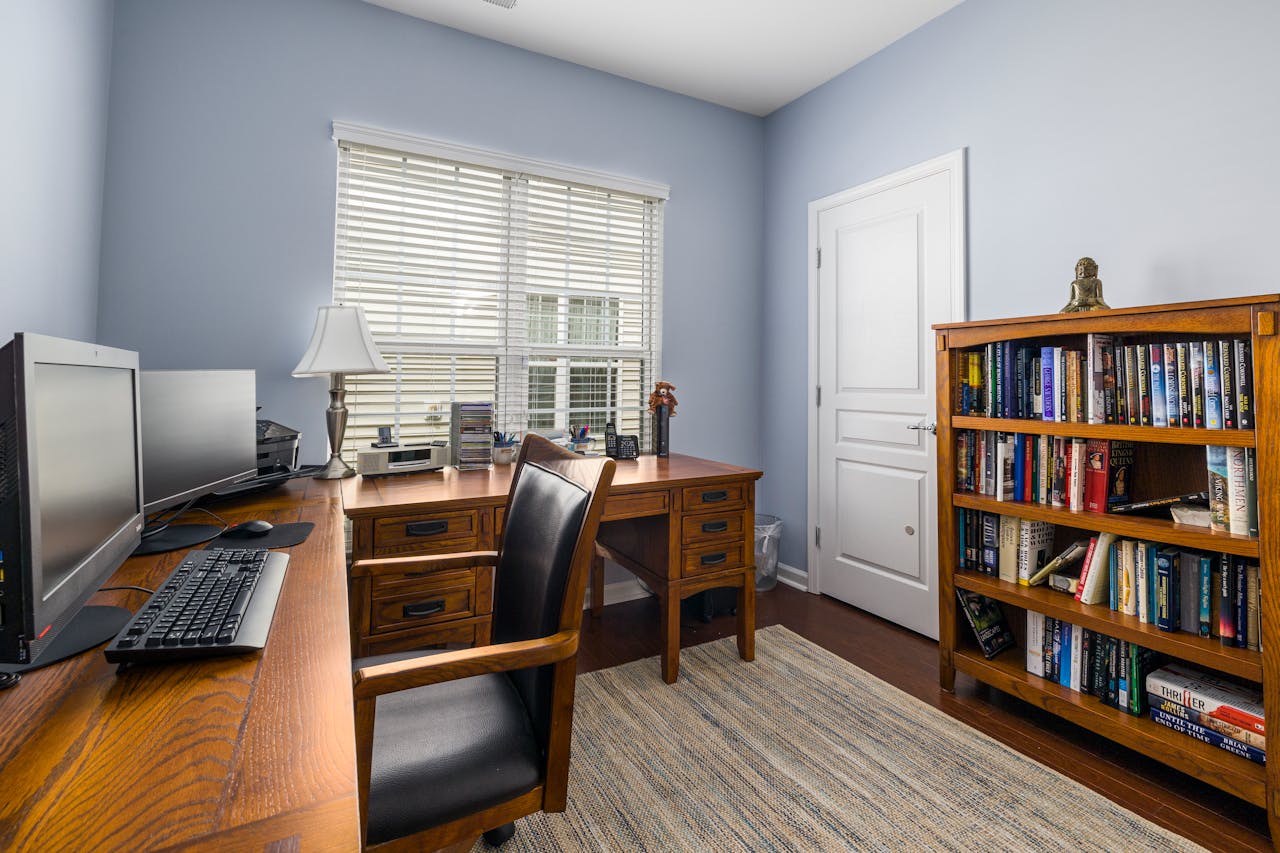14 Eco-Friendly Lifestyle Changes to Help Save the Planet

Making eco-friendly choices in our daily lives is no longer just a trend—it’s a necessity. As the effects of climate change become more evident, it’s clear that every small change can contribute to a healthier planet. You don’t need to overhaul your entire lifestyle overnight, but making a few realistic, manageable adjustments can have a meaningful impact. Here are 14 eco-friendly lifestyle changes that are simple to implement, help reduce your carbon footprint, and make a real difference for the environment.
1. Switch to Renewable Energy Sources

One of the most effective ways to reduce your carbon footprint is to switch to renewable energy. If you can, consider installing solar panels or opting for green energy plans offered by your utility provider. These sources of energy, such as wind and solar, are far cleaner than fossil fuels and can help you reduce your household’s greenhouse gas emissions. Even if solar panels aren’t an option, many energy providers offer renewable energy plans, which make it easy to support cleaner energy without significant upfront costs. By making this shift, you’re supporting a more sustainable energy system.
2. Reduce, Reuse, and Recycle

It’s not just a catchy slogan—it’s a practical way to minimize waste. Reducing your consumption of disposable products, reusing what you can, and recycling materials like paper, glass, and plastic are simple actions that can add up. Start by cutting down on single-use plastics and opting for items with minimal packaging. You can reuse containers, bags, and even clothes to extend their lifespan. And when it’s time to recycle, make sure you’re following your local recycling guidelines. This helps keep materials out of landfills and reduces the need for new resources.
3. Adopt a Plant-Based Diet

Switching to a plant-based diet, even if just for a few days a week, can significantly lower your environmental impact. The production of plant-based foods generally requires fewer resources, such as water and land, and produces fewer emissions compared to animal agriculture. If going fully plant-based isn’t realistic for you, start by cutting down on meat and dairy. Choosing plant-based meals not only benefits the planet but also supports healthier eating habits. It’s a win-win for both you and the environment.
4. Use Eco-Friendly Transportation

Transportation is a major contributor to pollution, but there are plenty of ways to reduce your environmental impact when getting around. If possible, consider walking, biking, or using public transportation for short trips. These options reduce emissions and save you money. If driving is necessary, look into electric or hybrid vehicles, which have a lower carbon footprint than traditional gasoline-powered cars. Carpooling and ride-sharing services are also great alternatives to help reduce the number of cars on the road and cut down on traffic-related pollution.
5. Conserve Water

Water conservation is essential, especially in areas where water scarcity is a concern. Simple steps like fixing leaks, using water-efficient appliances, and taking shorter showers can help reduce your water usage. Installing low-flow showerheads, faucets, and toilets can make a big difference in your water consumption. Additionally, collecting rainwater for gardening or outdoor use is a great way to conserve fresh water. By making these small changes, you can help preserve this vital resource for future generations.
6. Support Sustainable Fashion

The fashion industry is one of the largest polluters, but you can make a difference by supporting sustainable fashion. Look for brands that prioritize eco-friendly materials, ethical labor practices, and environmentally conscious production methods. If buying new clothes isn’t necessary, consider shopping secondhand or swapping clothes with friends. This helps reduce the demand for fast fashion and keeps clothing out of landfills. Sustainable fashion doesn’t have to be expensive—it’s about making thoughtful, long-lasting choices when it comes to your wardrobe.
7. Buy Local and Seasonal Produce

Supporting local farmers and buying seasonal produce is an easy way to reduce your environmental impact. Local food doesn’t need to be transported long distances, which cuts down on emissions. Seasonal produce is often fresher and more affordable, and it’s grown in harmony with the local climate. Shopping at farmers’ markets or joining a community-supported agriculture (CSA) program helps you access high-quality, eco-friendly food while supporting your local economy. By choosing local and seasonal options, you can enjoy fresh food while minimizing your environmental footprint.
8. Ditch Single-Use Plastics

Single-use plastics, like straws, bottles, and plastic bags, are a significant environmental problem. These items take hundreds of years to decompose and often end up in oceans and landfills, harming wildlife and ecosystems. A simple way to reduce plastic waste is by switching to reusable alternatives. Invest in a reusable water bottle, shopping bags, and containers for food storage. You can also choose products with minimal or biodegradable packaging. Every small change you make helps reduce the demand for plastic and lessens its harmful impact on the environment.
9. Compost Your Food Waste

Food waste is a huge environmental issue, but composting offers a practical solution. Instead of throwing away fruit and vegetable scraps, coffee grounds, and yard trimmings, you can compost them to create nutrient-rich soil for your garden. Composting reduces the amount of organic waste that ends up in landfills, where it can produce harmful methane gas. If you don’t have space for a compost bin, look for community composting programs in your area. Composting is a simple way to reduce waste and improve soil health, all while doing your part to protect the environment.
10. Choose Eco-Friendly Cleaning Products

Many conventional cleaning products contain harmful chemicals that can pollute the air and water. By switching to eco-friendly cleaning products, you can reduce your exposure to toxic substances and lessen your environmental impact. Look for products that are biodegradable, non-toxic, and free from harsh chemicals. You can also make your own cleaning solutions using simple ingredients like vinegar, baking soda, and essential oils. These natural alternatives are effective, safe, and better for the planet. Making this change is an easy way to create a healthier home environment.
11. Install Energy-Efficient Appliances

Energy-efficient appliances use less energy, which helps reduce your carbon footprint and lowers your utility bills. When purchasing new appliances, look for the ENERGY STAR label, which indicates they meet strict energy efficiency standards. Upgrading to energy-efficient appliances like refrigerators, dishwashers, and washing machines can make a significant difference in your home’s energy consumption. Additionally, consider switching to LED light bulbs and using a programmable thermostat to further reduce energy use. These small investments pay off over time in both environmental and financial savings.
12. Plant Trees and Support Reforestation

Trees are essential for maintaining a healthy planet. They absorb carbon dioxide, provide oxygen, and support biodiversity. You can contribute to reforestation efforts by planting trees in your yard or supporting organizations that focus on tree planting. Many local groups offer tree-planting programs, and some even allow you to donate or volunteer to plant trees in areas that need them most. By planting trees, you’re helping to offset carbon emissions, restore ecosystems, and protect the environment for future generations.
13. Reduce Food Waste

Food waste is a major contributor to environmental problems, from methane emissions in landfills to the unnecessary waste of resources like water and energy. You can reduce food waste by planning your meals carefully, using leftovers creatively, and storing food properly to extend its shelf life. Consider starting a food waste journal to track what you throw away and find ways to reduce it. By reducing food waste, you can help conserve resources and reduce the strain on landfills, all while saving money in the process.
14. Advocate for Environmental Policies

Individual actions are important, but advocating for larger-scale environmental policies can have an even greater impact. Support policies that promote clean energy, reduce carbon emissions, and protect natural resources. Get involved with local environmental organizations, sign petitions, and encourage others to take action. By supporting environmental policies and encouraging systemic change, you can help create a more sustainable future for everyone. Your voice matters, and collective efforts can lead to significant positive changes for the planet.
Final Thoughts

Making eco-friendly lifestyle changes doesn’t have to be overwhelming. Start with small, manageable steps and build from there. By adopting even a few of these 14 changes, you can reduce your environmental impact and contribute to a more sustainable world. Every effort counts, and together, we can create a healthier planet for ourselves and future generations. Take action today and make a positive difference for the environment.



















































































































